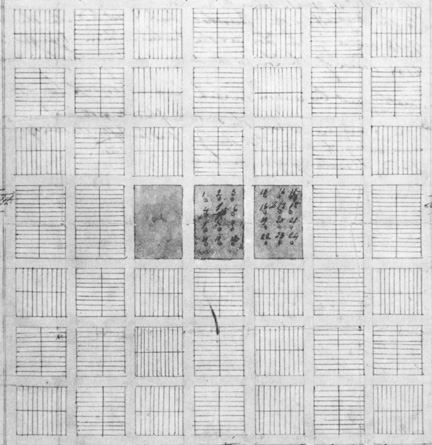-
•
•
16 responses

I took a stroll through the End of the World last week. Brought the wife and kids and a picnic lunch. It was beautiful, as always. But one of these days (and it won’t be long) it will be gone. Maybe us too. Read More
-
Church History, General Doctrine, Philosophy and Theology, Scriptures, SS Lesson – Doctrine and Covenants
•
•
31 responses
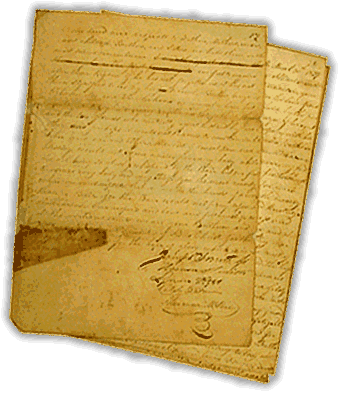
I have been working on a paper looking at the Doctrine and Covenants, and my research has me thinking about how the texts of modern revelation were produced. I think that there are a lot of Mormons who assume that the words of the revelations in the Doctrine and Covenants were dictated word for word to Joseph. On this model, the Doctrine and Covenants is rather like the Qua’ran, which also consists of a series of revelations given to a prophet over a period of years in response to concrete historial circumstances. Pious Muslims affirm that the Qua’ran was dictated… Read More
-
•
•
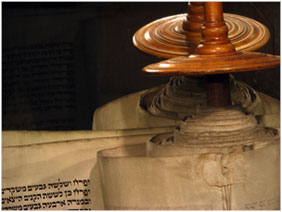
I’m going to skip my usual whine about how much material is covered in the reading for this lesson (unless announcing that I won’t whine counts as a whine). Overview One traditional division of the book of Psalms—often called “the psalter”—divides it into five sections, on analogy with the five books of Moses: Psalms 1-41, Psalms 42-72, Psalms 73-89, Psalms 90-106; and Psalms 107-150, with Psalm 150 being the closing doxology for the whole collection. Those who accept this division understand the first and second psalms to be an introduction to the psalter as a whole, so some manuscripts give… Read More
-
•
•
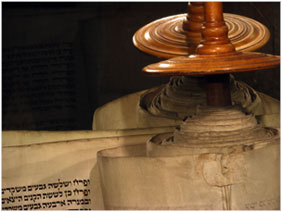
2 Samuel 11 Verse 1: What do you make of the fact that the story is set at the time of the year when “kings go forth to battle,” but David sent his army to battle and stayed behind himself? What is the writer telling us about David when he says “But David tarried still at Jerusalem”? (Note: presumably the time when battles could once again commence was at the end of the rainy season, approximately the beginning of May.) Verses 2-5: How do you suppose that David could see Bathsheba bathing? Where do you think people would usually have… Read More
-
•
•
40 responses
This week, the Rochester Stake in New York is sponsoring a special performance of Carol Lynn Pearson’s Facing East, to be followed by a fireside featuring a discussion led by the Rochester Stake President. Notably, the performance is being directed by Jerry Argetsinger, who was the long-time director of the Hill Cumorah Pageant throughout the 90s, and costume design is being handled by Gail Argetsinger, a Tony award-winning costume designer who designed and supervised the construction of thousands of pageant costumes during the 90s. For those unfamiliar with Facing East, it is the story of a Mormon couple who is… Read More
-
•
•
3 responses
Jana Reiss, former T&S guest blogger and author of Mormonism for Dummies, is running a new Mormon blog at Beliefnet: Flunking Sainthood. Put a link in your blogroll (do people still do blogrolls?) and visit often. Having myself previously hosted a Mormon blog at Beliefnet, I have some idea of the challenge the new blog is facing. The problem can be put very simply: (1) few people who aren’t Mormon have much to say about Mormonism, and (2) there aren’t too many Mormons hanging around the Beliefnet site. But it just seems wrong that one of the most popular Internet… Read More
-
•
•
4 responses
Walking hand in hand with my family on Temple Square in April 2009. Taking our one year old daughter for the first time was very special, and as we walked I looked around to ask someone to take our picture. We were alone. As I looked at our shadows, I thought that was a much more powerful image; for me, it invokes the feeling of moving forward and facing the future together. This is my favorite photo from that trip. By Christy D. ___ This picture is part of our ongoing series highlighting Mormon images. Comments to the post are… Read More
-
•
•
40 responses
I finally picked up and read a copy of Simon Southerton’s Losing a Lost Tribe: Native Americans, DNA, and the Mormon Church (Signature, 2004) a couple of weeks ago. Yet I still attended church last week and have not drafted a resignation letter. Inoculation works. There’s nothing particularly new in the book — it summarizes mainstream academic views about the origins of the native inhabitants of the Americas, reviews more recent DNA evidence that confirms the mainstream view, then critiques mainstream LDS beliefs about the Book of Mormon and the peopling of the Americas. It is not a book that… Read More
-
•
•
10 responses
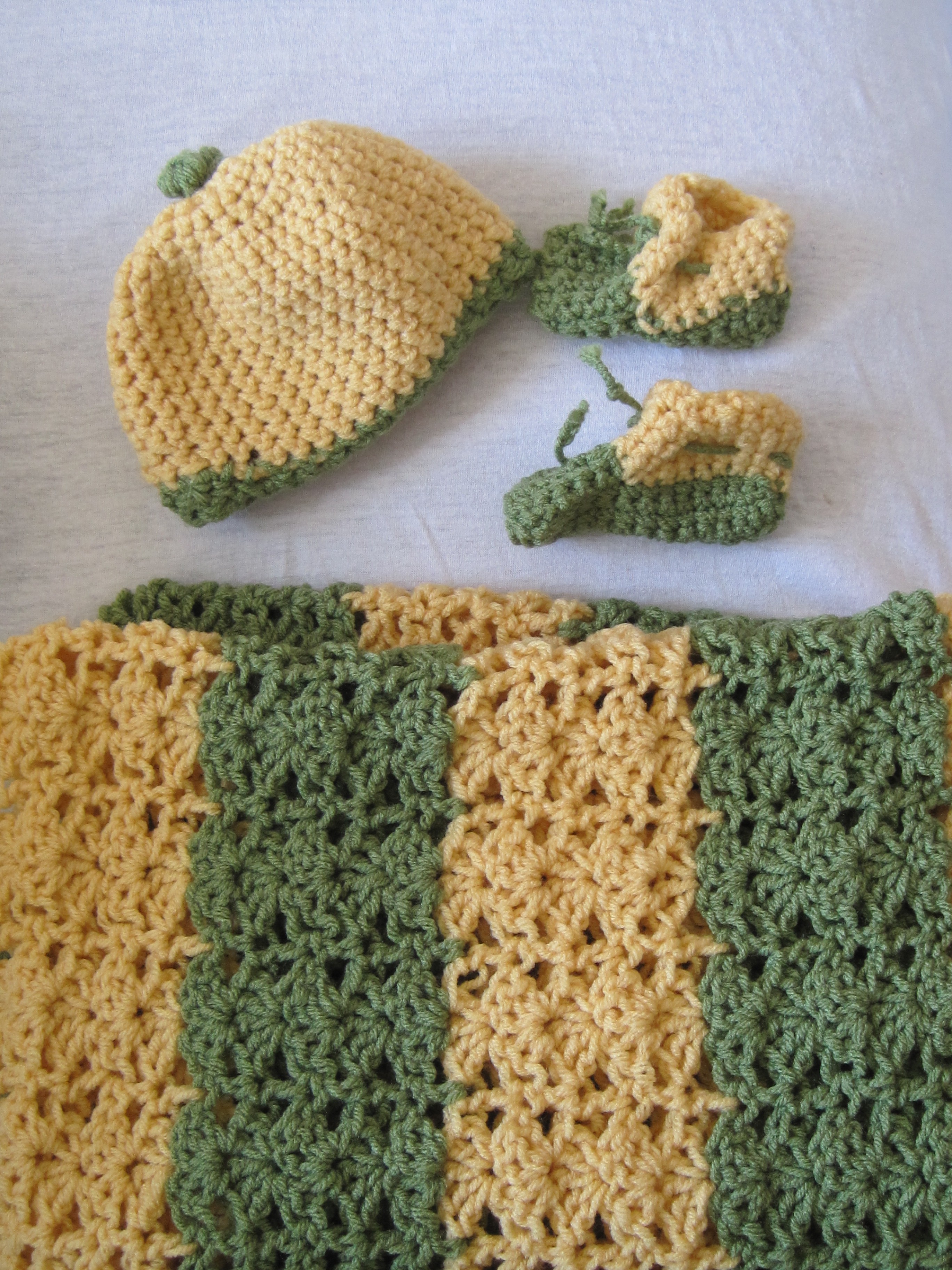
At 3:28 this morning we welcomed a new son into the world. As one would expect, congratulations and well-wishes have come flooding in from friends and family all day. And for all of these we have been moved and grateful. First thing this morning, however, we received a congratulatory gift we hadn’t anticipated. Women housed in the Alexandria Detention Center had sent us a hand-crocheted blanket, cap and set of booties. (In Packer yellow-and-green for my Cheese-head wife no less). Both modern and ancient scripture admonish us to serve the “least” of those among us, noting that doing so is… Read More
-
•
•
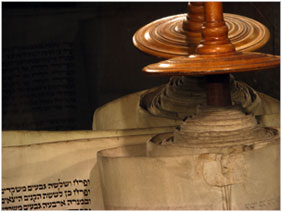
I apologize for the rough status of these study notes. They are not yet finished, but they are as good as they are going to get this week. As you read these chapters, ask yourself why they are included in scripture. Do they testify of Christ? If so, how? Do they serve some other purpose? History is important in its own right, but it isn’t clear why this particular history is important as scripture. How would you explain its importance? Perhaps the answer is “Ultimately this isn’t an important story,” but that ought to be our last conclusion rather than… Read More
-
•
•
15 responses

On May 28, a press conference was held in the South Visitors’ Center on Temple Square to unveil a new public exhibit: a cut-away scale model showing the interior architecture and layout of the Salt Lake Temple. The LDS Newsroom and Deseret News posted detailed stories with additional images; in this post I just want to toss out a few ideas for discussion. Read More
-
•
•
Though the lesson doesn’t include chapters 12 and 14, the manual recommends them as supplemental reading and I agree. We need to read them to see the full story. There is quite a bit in this section, from the choice of Saul as King, to his usurpation of Samuel’s authority and consequent loss of authority, to the choice of David to replace him, to Saul’s madness, to the story of David slaying Goliath. Rather than try to cover all of that material, these study questions will focus on chapters 9-10, 13, and 16: Saul’s selection and downfall; David’s election. Chapter… Read More
-
•
•
20 responses
As one who has turned into something of Boozer-apologist this past year in the face of attacks on him by some disgruntled Jazz fans, I was buoyed to see an account of a recent Boozer interview yesterday in the Deseret News. When the Miami-area sports station host interviewing Boozer called Utah “gorgeous” but “a horrible place to live, horrible,” Boozer said: “Nah, it’s not that bad. You know, I’m raising my kids out there. It’s pretty nice. We have a good time out there with our basketball team, successful of course. That’s the frontcourt of it, the most important thing… Read More
-
•
•
7 responses
While Rana Lehr-Lehnardt’s guest run continues, Times & Seasons is happy to introduce our next guest blogger, Ralph Hancock. Ralph is a long-time professor of Political Science at Brigham Young University. He is the author of Calvin and the Foundations of Modern Politics, as well as of numerous edited volumes, articles and chapters. His forthcoming book, The Responsibility of Reason (Rowman & Littlefield), addresses the meaning and limits of reason through a triangulation involving de Tocqueville, Heidegger and Strauss. Ralph has also translated three books (including one with his son Nathaniel) and numerous chapters and articles from French, and has organized… Read More
-
•
•
One can reasonably argue that the book of Judges shows us the decline of Israel to a situation in which they have to have a king to lead them, and that the treatment of women that we see in Judges is a sign of that decline. One can also argue that Ruth is a response to that theme in Judges. How does the story of Hannah fit into that theme? Chapter 2 Verses 1-10: These verses are a song, perhaps not one that Hannah composed, but one she knew already and applied to herself, much as we might choose to… Read More
-
•
•
Since instituting the “A Mormon Image” series last fall, our submissions have slowed from a glut to a trickle. As a result, we thought we would issue a new call for photographs to be considered for inclusion in the series. The instructions for submissions can be found here and the images we have featured since kicking off the series can be viewed here. Read More
-
•
•
12 responses
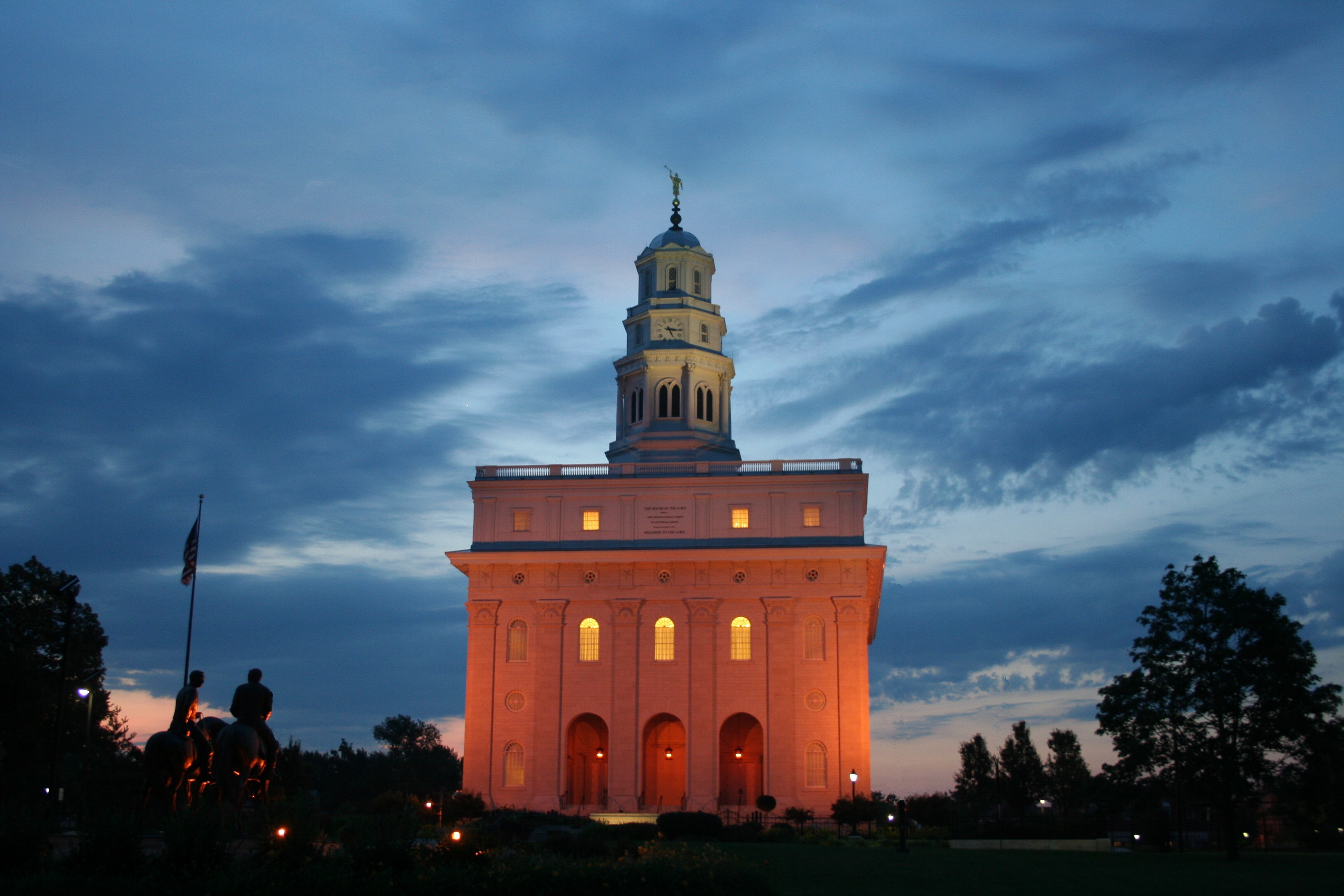
The Nauvoo Temple at about 4:15 in the morning. I was up watching the equipment for the pageant and saw the Temple at the first early light. Read More
-
•
•
14 responses
Times & Seasons is happy to introduce our newest guest blogger, Rana Lehr-Lehnardt. Rana is a mother of three who just finished up her first semester teaching at the University of Missouri at Kansas City Law School. After spending several years in the D. C. area, Rana and her family are adjusting to life in Liberty, Missouri where her husband, Mark, has established a corporate and international trade practice. Before finding her way to the University of Missouri, Rana attended law school at BYU, clerked on the Tenth Circuit for Judge Terrence O’Brien, earned an L.L.M. from Columbia Law School,… Read More
-
•
•
10 responses
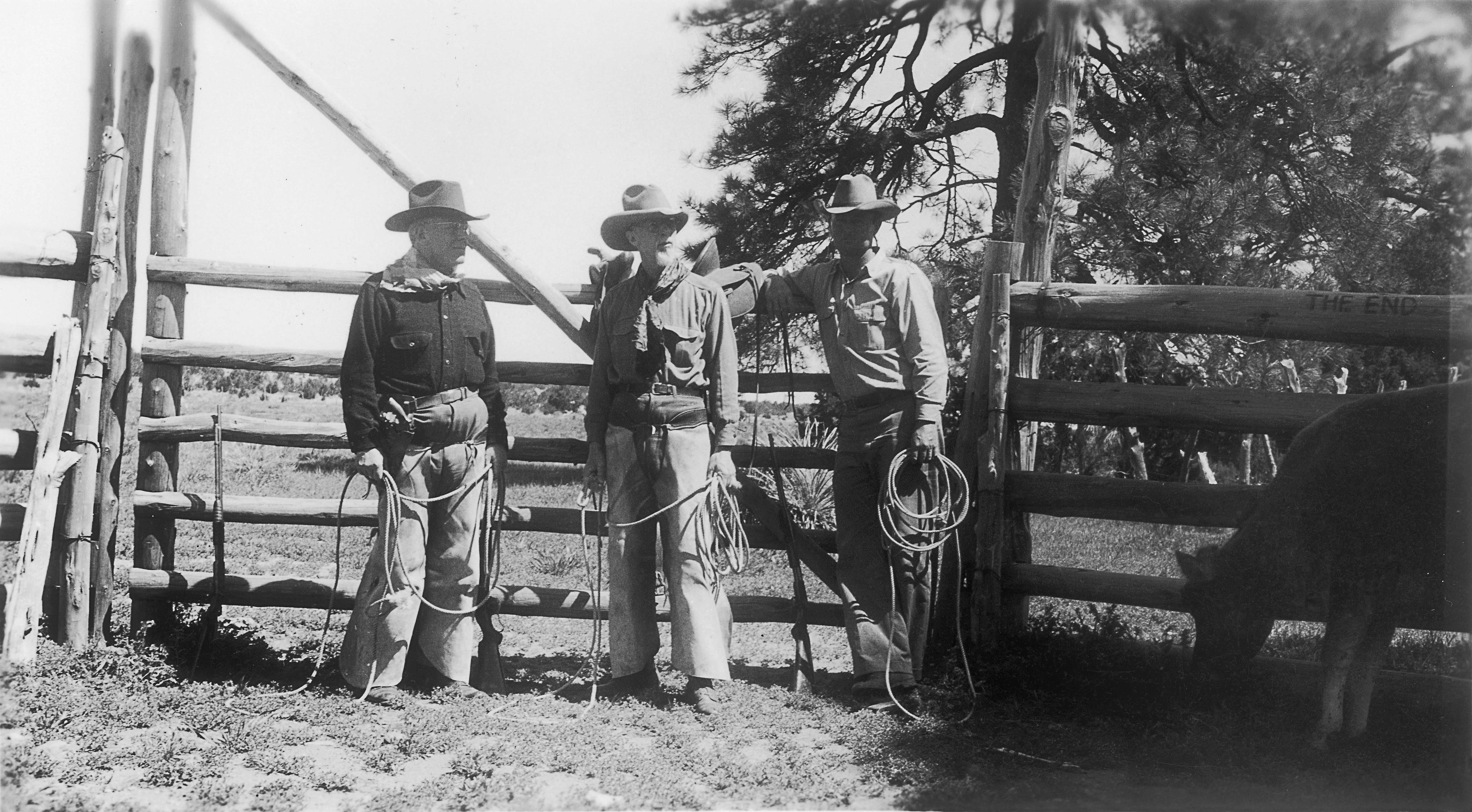
Elder George Albert Smith at Sundown Ranch in Aripine, Arizona (1941). Read More
-
•
•

The story of Ruth occurs “in the days when the judges ruled” (Ruth 1:1). It is not, strictly speaking, in chronological order. Indeed, from here on out, you may wish to consult the Old Testament chronology in the Bible Dictionary if you wish to see the historical connectedness of the various stories. What do Naomi, Ruth, and Hannah have in common? Why is it appropriate that this lesson is about these three women? The story of Ruth is completely different than any of the stories we have read so far. God is only mentioned obliquely and plays no intervening role… Read More
-
•
•
21 responses
One comment I saw recently, after Senator Bob Bennett lost the Republican nomination to retain his seat, approved the move by the Utah Republican Party, saying that Bennett is a RINO. Read More
-
•
•
22 responses
I admit that when approaching William Lobdell’s Losing My Religion: How I Lost My Faith Reporting on Religion in America — and Found Unexpected Peace (HarperCollins, 2009), I expected the standard debunking treatment that is so familiar in news and entertainment media these days. Instead, I was pleasantly surprised to find a balanced and engaging narrative that mixes accounts of the stories Lobell covered while a religion reporter for the Los Angeles Times with details of his own journey into, then out of, faith. Lobdell’s journey and reporting Lobdell’s journey began in his late twenties, when he first attended the… Read More
-
•
•
11 responses
Next Friday and Saturday, May 21st and 22nd, John Hamer will be at Miller Eccles in southern California to discuss the history of the Community of Christ. John’s work is fascinating, and if you’re in the area, I’d encourage you to attend one of the two events, either on Friday the 21st in Orange County, or Saturday the 22nd in Los Angeles. The event announcement (with lots of information about why you should attend) is this: Dear Friends: We are pleased to announce the next meeting of the Miller Eccles Group will be on Friday, May 21, 2010 (Villa Park)… Read More
-
•
•
3 responses
Searchable archives. Free access to the entire vault of past articles. Helpful starting points in a Classics section. No more one-page-at-a-time clicking through the wacky — lovable in a quirky way, but definitely *not* user-friendly — old pdf-image page-by-page e-archives at the U library website. Did I mention, we’re talking about searchable archives and free access to the vault? What are you still doing here? Go check out Dialogue’s new website — or discuss in comments what you like about it best. Take advantage of the free access. (Starting in summer, the most recent two years will be subscription-only, but the… Read More
-
•
•
35 responses

What if you knew her and / Found her dead on the ground? / How can you run when you know? Today is the 40th anniversary of the Kent State Massacre. Have we learned what we should have from the tragedy? Read More
-
•
•
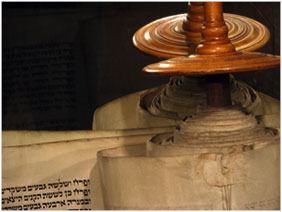
The notes this time are shorter than usual, for which you may well be grateful. I’ve had much more difficulty thinking of verse-by-verse study questions for these chapters. Judges The translation “judge” is misleading, for it suggests that the person it describes had judgment as his or her primary duty. However, the judges of Israel lived in a time before the powers of government had been separated into anything like legislative, executive, or judicial functions. As a result, “leader” or perhaps even “chief” would be a more accurate translation, for the people that the King James translation calls the judges… Read More
-
•
•
19 responses
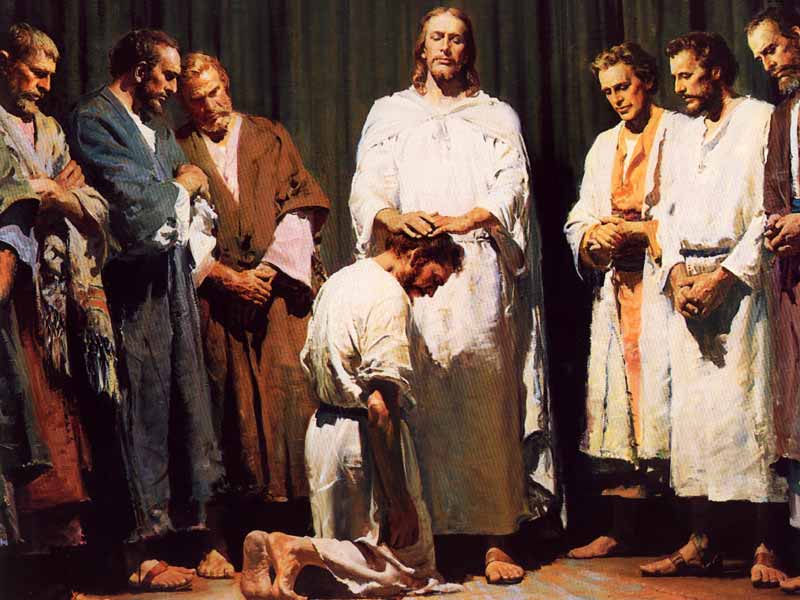
In the course of an interesting email exchange today, I learned that a good friend and I had had similar experiences in trying to track down our priesthood lines of authority. After being ordained Elders, we both asked our fathers if they had copies of their lines of authority, both said they thought they did somewhere, but both ultimately could never come up with them. My friend then approached his uncle, figuring that he might have the same line as my friend’s father, but without success. Fast forward ten years. His uncle randomly found his line of authority and remembered… Read More
-
•
•
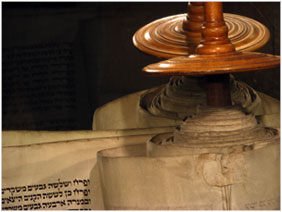
Background Feel free to skip this background discussion if you aren’t interested in it. You can skip to the study questions without losing anything. Before taking up two points, however, let me say that I am not generally in favor of bringing much scholarly discussion into Sunday School lessons or our study for them, I don’t think those discussions have much relevance to our understanding of the Bible as a religious text or our application of its teachings to our lives. Scholarly information and ideas have an important place in our studies and in my experience they can sometimes add… Read More
-
•
•
17 responses

Several weeks ago the NPR program This American Life aired a stunning segment on Gordon Gee, the Latter-day Saint President of Ohio State University, and his daughter Rebecca. The segment revolved around a series of letters Gordon’s late wife Elizabeth wrote to their daughter as she was dying of cancer. Rebecca was 16 at the time of her mother’s death, and the letters were to be given to her each year on her birthday for thirteen years. Rebecca, however, gradually drifted from the Church, while the letters from her devout mother focused heavily on the deep yearnings she had for… Read More

